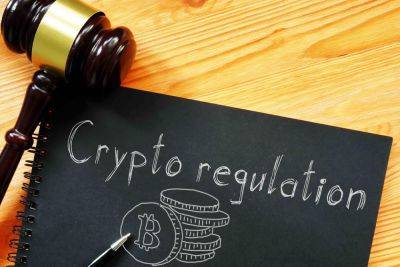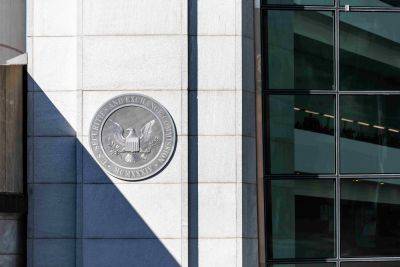Lawmakers take aim at credit card interest rates, fees as cardholder debt tops $1 trillion
Some lawmakers and regulators are calling for interest rate caps and lower fees on credit cards as debt levels march higher.
Total credit card debt topped $1 trillion in the second quarter of 2023 for the first time ever.
The average interest rate for all cardholders jumped to more than 21% in August, the highest on record, according to Federal Reserve data. Some cards — retail store cards, in particular — charge more than 30%, said Ted Rossman, industry analyst for CreditCards.com.
More from Personal Finance:
New Labor Department rules will likely target rollovers to IRAs
What strikers need to know about unemployment benefits
77-year-old widow lost $661,000 in a common tech scam
Sen. Josh Hawley, R-Mo., introduced a bill in September to cap credit card rates (also known as the "annual percentage rate," or APR) at 18%, citing «higher financial burdens» shouldered by working people.
The legislation — the Capping Credit Card Interest Rates Act — would also aim to prevent card companies from raising other fees to evade a cap.
Meanwhile, the Consumer Financial Protection Bureau proposed a rule earlier this year to slash fees for late credit-card payments. One prong of the rule would lower fees for a missed payment to $8 from as much as $41.
In June, four senators — Sens. Richard Durbin, D-Ill.; Roger Marshall, R-Kan.; J.D. Vance, R-Ohio; and Peter Welch, D-Vt. — introduced the Credit Card Competition Act. That act aims to reduce merchant card transaction fees that may get passed on to consumers.
«I think some of the [political] lines are starting to blur a little bit, at least on credit card issues,» Rossman said.
However, it's unclear if these measures will succeed.
For example, Democrats are «likely to embrace»
Read more on cnbc.com





















